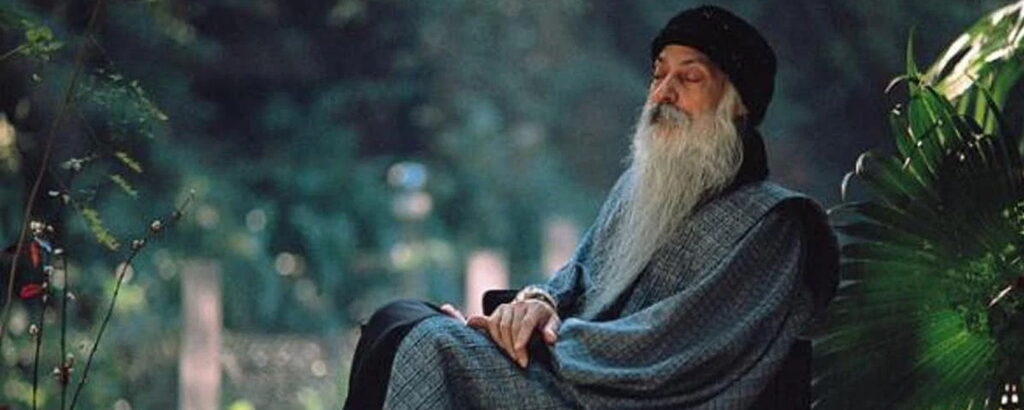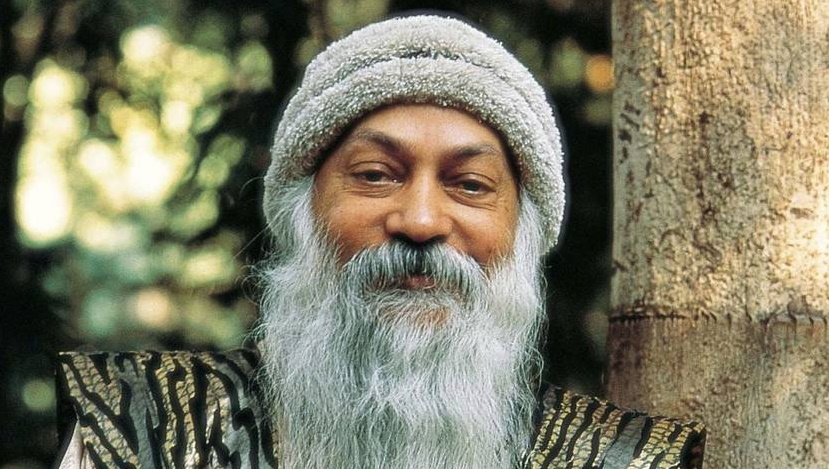
From his earliest childhood in India, Osho was a rebellious and independent spirit, insisting on experiencing the truth for himself rather than acquiring knowledge and beliefs from other people. At the age of twenty one—on the 21st of March, 1953—Osho became enlightened. He said of it, “Now I seek no more. Existence has opened all its doors to me… When a flower blooms, I bloom too. When the sun goes up, I go up with it. My body is part of nature, my being is part of the whole.”
He completed his academic studies in philosophy at the University of Sagar, graduating with the highest marks and winning the all-India championship in debate.
After his student years, he went on to be professor of philosophy at the University of Jabalpur. At the same time, he traveled throughout India giving talks, challenging orthodox religious leaders, questioning traditional beliefs, and meeting people from all walks of life. He read extensively, everything he could find to broaden his understanding of the belief systems and psychology of contemporary man. After nine years as a professor, he resigned in order to focus on his speaking engagements and to gather around him those people who could understand his message.
By the late 1960’s, Osho had begun to develop his unique Dynamic Meditation techniques. Modern man, he says, is so burdened with outmoded traditions of the past and the anxieties of modern-day living that he must go through a deep cleansing process before he can hope to discover the thought-less, relaxed state of meditation.
In the course of his work, Osho has spoken on virtually every aspect of the development of human consciousness. From Sigmund Freud to Lao Tzu, from George Gurdjieff to Gautam Buddha, from Jesus to Rabindranath Tagore—Osho distilled the essence of what is significant for the spiritual quest of contemporary man.
He belongs to no tradition—“I am the beginning of a totally new religious consciousness,” he says. “Please don’t connect me with the past—it is not even worth remembering.” His talks to his disciples and seekers from all over the world have been published in more than six hundred and fifty volumes, and translated into over forty languages. And he says, “My message is not a doctrine, not a philosophy. My message is a certain alchemy, a science of transformation, so only those who are willing to die as they are and be born again into something so new that they cannot even imagine it right now… only those few courageous people will be ready to listen.”
Osho left his body on January 19, 1990. Only a few weeks before that, he was asked what would happen to his work when he was no more there. “My trust in existence is absolute. If there is any truth in what I have been saying, it will live. Those who are interested in my work will carry the flame.”

